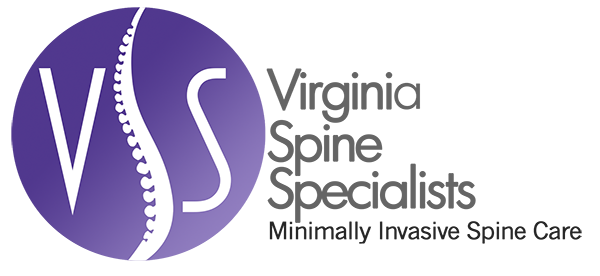Neck Pain
Managing Neck and Arm pain
Neck and arm pain is a common experience in the adult population. Fortunately, most instances of this are self-limiting and get better without any treatment. But it is important to know what to do when these episodes do not get better. There are also some scenarios that need specialized evaluation as soon as they appear.
We should always keep in mind that one of the common causes of arm pain that travels down may be related to problems with the heart. It is therefore important to rule out a heart attack when there is a sudden onset of arm pain (usually left side) and other symptoms like crushing chest pain and shortness of breath.
When the arm or neck pain is more gradual in onset and has been ongoing for days to weeks, the cervical spine may be involved. Cervical spine is the upper part of spine that makes up the neck. It consists of a bony canal that has seven vertebral bodies (bones) that are cushioned by a disc between each body. These bones form a hollow canal through which the spinal cord runs like a thick cable. There are holes in the spinal canal through which nerve roots exit from the spinal cord. The discs of the cervical spine can rupture or degenerate and cause pressure on these nerve roots or the spinal cord. The pressure on the nerve roots is what causes the burning pain going down the arms. If the pressure is severe enough, there may be tingling and numbness of the arm and, in some cases, weakness of the arm may develop. Pressure on the spinal cord can result in decreased ability to walk, inability to move the arms or process sensory information.
Management of arm and neck pain originating from the cervical spine begins with conservative measures for at least a 4 week period. These include anti-inflammatory medications such as Naproxen, Ibuprofen and, occasionally, steroids. Physical therapy also plays an important role in the initial management of neck and arm pain. If there is no improvement in symptoms with the conservative approach, a referral to a neurosurgeon should be arranged for further evaluation. Such evaluation typically includes getting an MRI of the cervical spine. Upon evaluation by a spine specialist, a decision may be made to continue conservative care by adding epidural injections to the patient’s care. If there is no response from these or if there is pressure on the spine or the nerve roots, surgery may be needed to fix these problems. It is important to note that if there is weakness of the arm, uncontrollable pain or difficulty walking, an urgent evaluation from a spine specialist should be obtained.
In experienced hands, surgery to fix a ruptured or degenerated cervical disc is very safe and very successful. Depending on the source of the cervical spine problem, surgery can be done from the front or the back of the neck. The hospital stay is usually minimal and the recovery is excellent (depending on the duration and severity of the neck and arm problems).
With proper help and the right specialized spinal care, neck and arm pain does not need to prevent you from living a normal, fulfilling life.

Toll Free: (855) 774-6334
Fax: (571) 208-0585
Conditions We Treat
Chronic Back Pain
Neck Pain
Arm Pain and/or Numbness
Leg Pain and/or Numbness
Herniated Disc – Lumbar and Cervical
Sacroiliac Joint (SI) Pain
Slipped Disc
Spinal Stenosis
Spinal Fractures
Whiplash Syndrome
Failed Back Surgery
Office Hours & Locations
Monday – Thursday: 8am – 4pm Friday: 8am – 2pm Fredericksburg 4604 Spotsylvania Parkway, Suite 300 Fredericksburg, VA 22408 Manassas 9625 Surveyor Ct. Suite 320 Manassas, VA 20110
